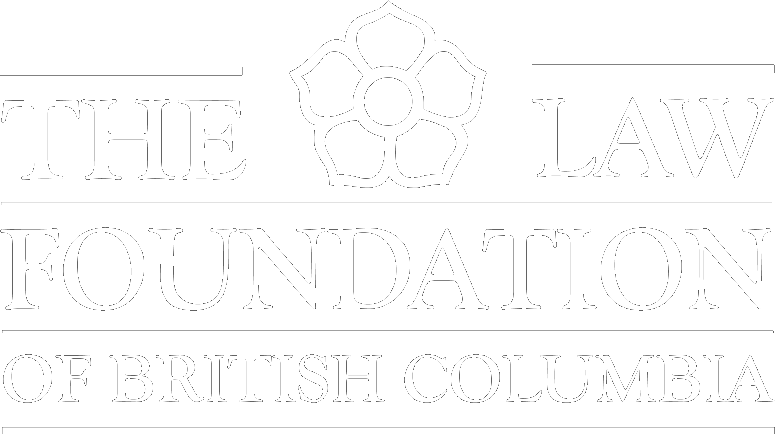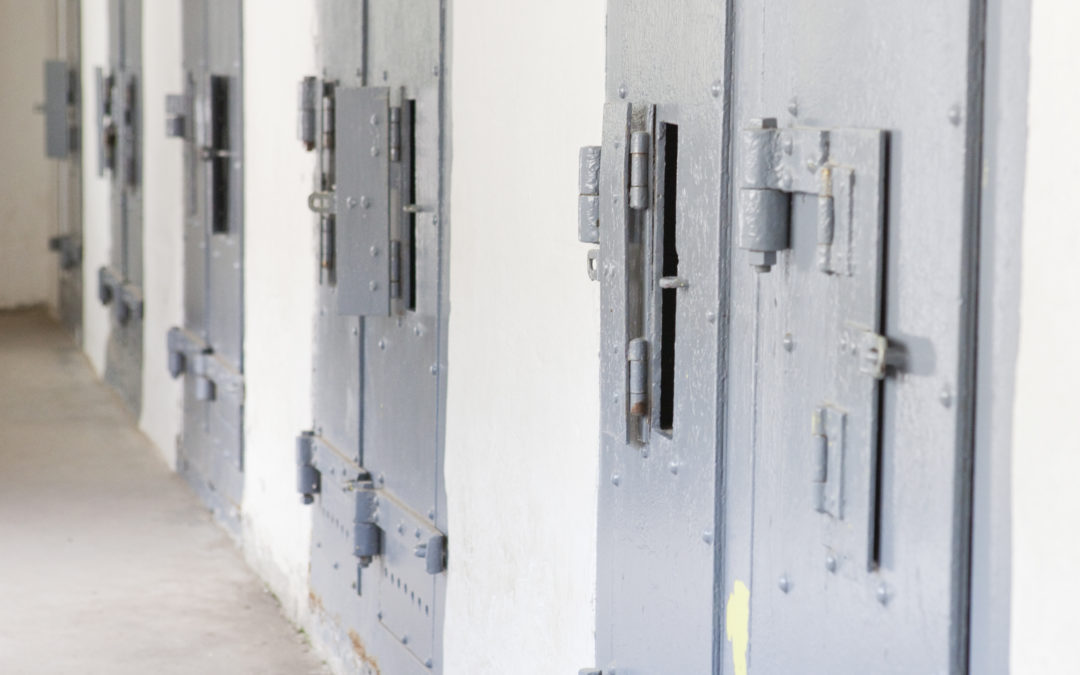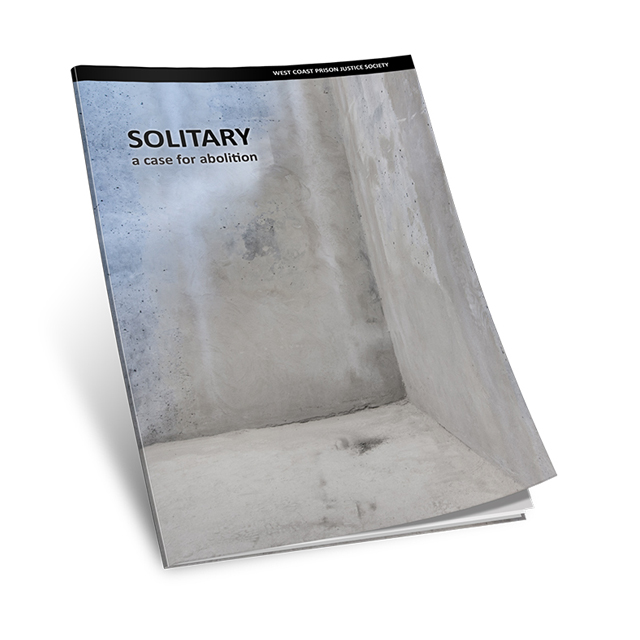Transgender Prisoners
TRANSGENDER PRISONERS
The Correctional Service of Canada acknowledges the collaborative role of Prisoners’ Legal Services and the Canadian Human Rights Commission in policy reform for transgender prisoners. See the press release here.
The West Coast Prison Justice Society has worked for over 10 years assisting transgender prisoners with human rights complaints concerning access to gender confirming surgery, placement by gender identity and rights to privacy in relation to cell sharing, strip searches, urinalysis testing and washroom facilities.
In 2015, the West Coast Prison Justice Society filed a human rights complaint against the Correctional Service of Canada seeking systemic remedies for all transgender prisoners in Canada to ensure that their human rights, safety and dignity are protected.
On January 2, 2018, the Correctional Service of Canada promulgated Interim Policy Bulletin 584 on gender identity and expression. The West Coast Prison Justice Society is very pleased with this interim policy which ensures that transgender prisoners:
- are placed in a men’s or women’s institution according to gender identity (unless there are overriding safety or security issues that cannot be resolved);
- are able to receive clothing and personal items in accordance with their gender identity or expression;
- are given the choice of the gender of officers who search them or conduct urinalysis testing of them;
- are addressed by their preferred names and pronouns (unless the legal name is required);
- are not required to share a cell with another prisoner if their gender identity would make them vulnerable to violence; and
- are provided private and safe shower and washroom facilities whenever possible.
The interim policy will be in place until the relevant Commissioner’s Directives can be amended to reflect these changes.
Also since the West Coast Prison Justice Society filed its representative human rights complaint, CSC policy now requires health services to be provided in accordance with the current World Professional Association for Transgender Health’s (WPATH) Standards of Care. These standards allow people to meet the “real life test” of living in their gender for one year in prison, rather than requiring the test to be met in the community.
Before these policy changes, transgender prisoners were placed in men’s or women’s prisons according to their genitals rather than by gender identity. Vulnerable transgender women were forced to live in men’s prisons where they were at constant risk of sexual assault. CSC policy also put transgender prisoners at risk of suffering other dehumanizing forms of harassment and discrimination, including being strip searched by officers of the opposite gender, or being referred to by the wrong name and inappropriate gender pronouns. Prisoners who required gender affirming surgery who had not lived in the community for a continuous year, despite living in their gender for their entire adult lives, were denied medically necessary surgery. Click here to see our earlier policy reform recommendations.
Prisoners’ Legal Services
302-7818 6th Street
Burnaby, BC
Tel: 604-636-0470
Fax: 604-636-0480
Email: info@pls-bc.ca

We are grateful for the
funding provided by

How to Show Your Support
Help us to continue to fight for the human rights of prisoners in BC! PLS is currently litigating the important systemic issues of the segregation of prisoners with mental disabilities, access to health care, transgender prisoner rights, and access to religion and Indigenous spirituality. We need help to continue to do this important work. Donations to West Coast Prison Justice Society are non-charitable and are not tax deductible.
Donations can be made to
West Coast Prison Justice Society
Please call us at 604-636-0470 or email us at info@pls-bc.ca if you would like to discuss your donation.
Thanks for your support!




